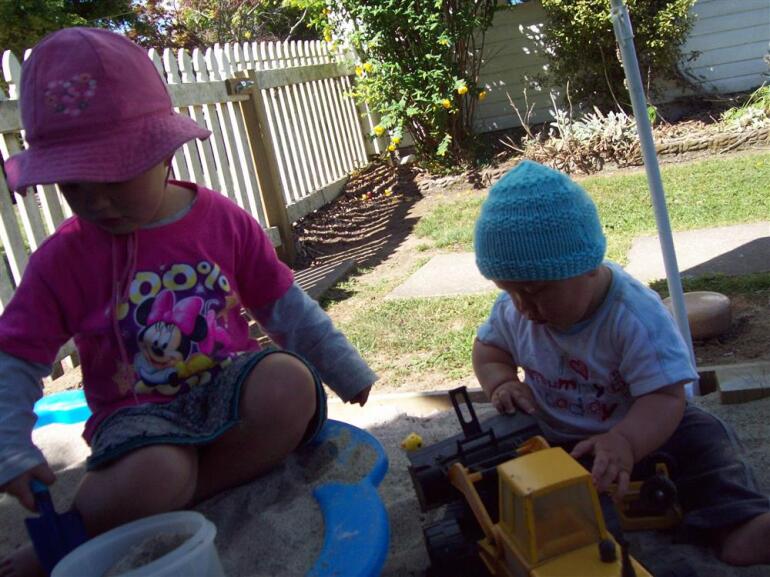News And Events

Early Childhood Curriculum
15 April 2014Early Childhood Education Curriculum
We might recognise the term ‘curriculum’ as encompassing key areas of learning such as literacy, numeracy, science, and the arts. At Nurtured at Home, Educators are supported to notice, recognise and respond to individual children’s interests so that these curriculum areas can be naturally interwoven into children’s play. This ensures children’s learning is meaningful and interesting, resulting in positive experiences with an increase in knowledge and skill.
For example, a child might be interested in building and/or construction – our Educator might support this interest with a range of opportunities and experiences such as visiting the local library to look up resource books on building and construction; provide a range of materials for the child to build with such as recyclable materials, clay/playdough, or natural resources including sticks and flax; visiting a site where a house might be being built to observe some of the process. All of these experiences provide the child with opportunities to explore their interest further to gain new knowledge and skill, whilst at the same time building literacy and numeracy learning as we encourage the child to share and document their thoughts and ideas about building and construction. We might also draw up plans for construction; group, sort, and count the number and type of materials needed, and hypothesise about what our building might look like.
The Early Childhood Education Curriculum, Te Whāriki, states that
- The curriculum is provided by the people, places, and things in the child’s environment: the adults, the other children, the physical environment, and the resources. The curriculum integrates care and education and includes both specifically planned experiences and activities and interactions that arise spontaneously.
Nurtured at Home provides opportunities for children to engage in learning in an unhurried environment and enables children to interact as part of a smaller group whilst still having their individual care needs met. We work together in partnership with families and whānau to discover children’s interests, and also encourage the following teaching strategies:
- Giving children time to think and respond
- Listening to children; join in their play
- Asking children about their own learning
- Using words to name objects or actions
- Encouraging children to persist
- Showing interest in what a child is doing
- Demonstrating how to do something
- Explaining how something works
- Suggesting ideas, ask questions


